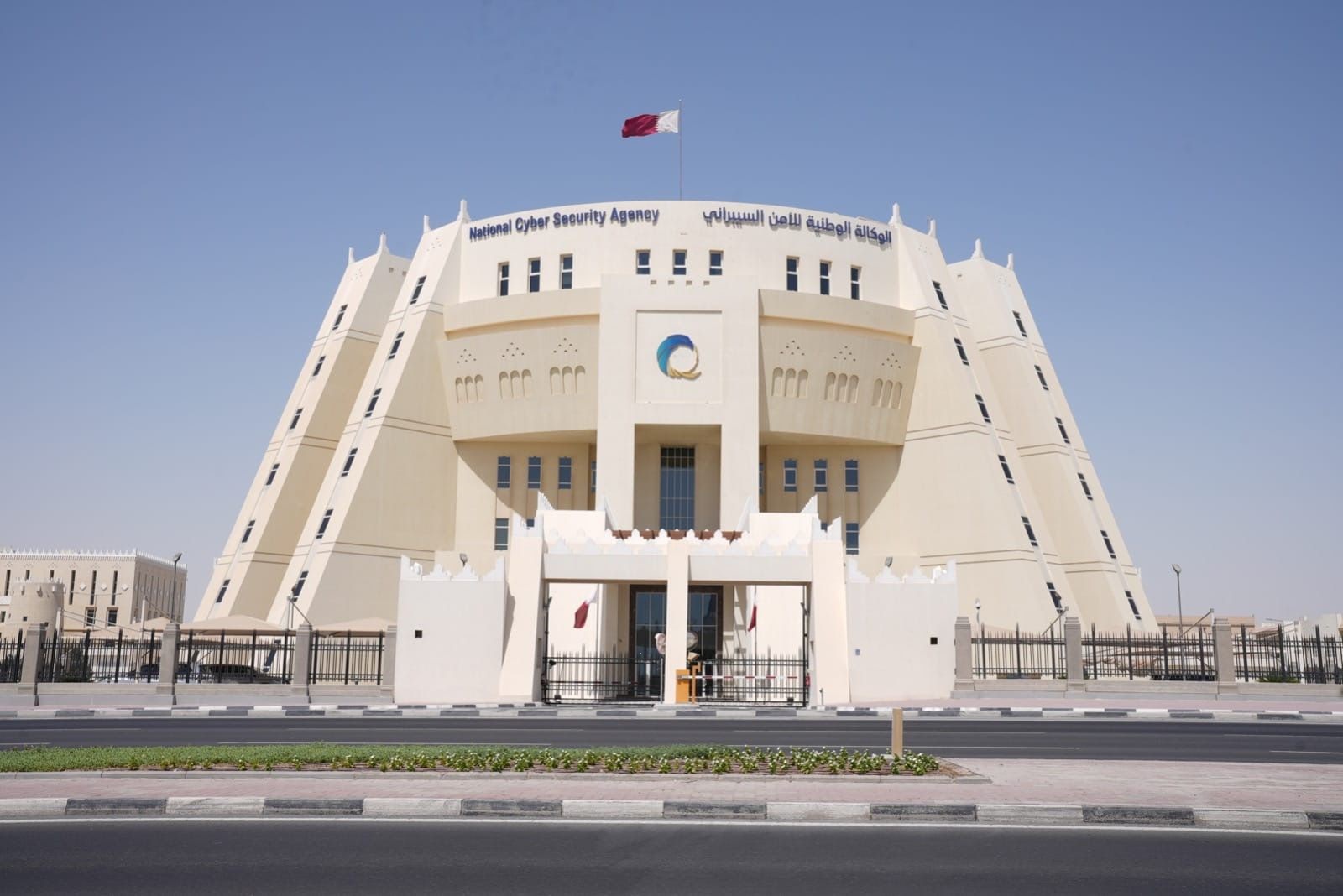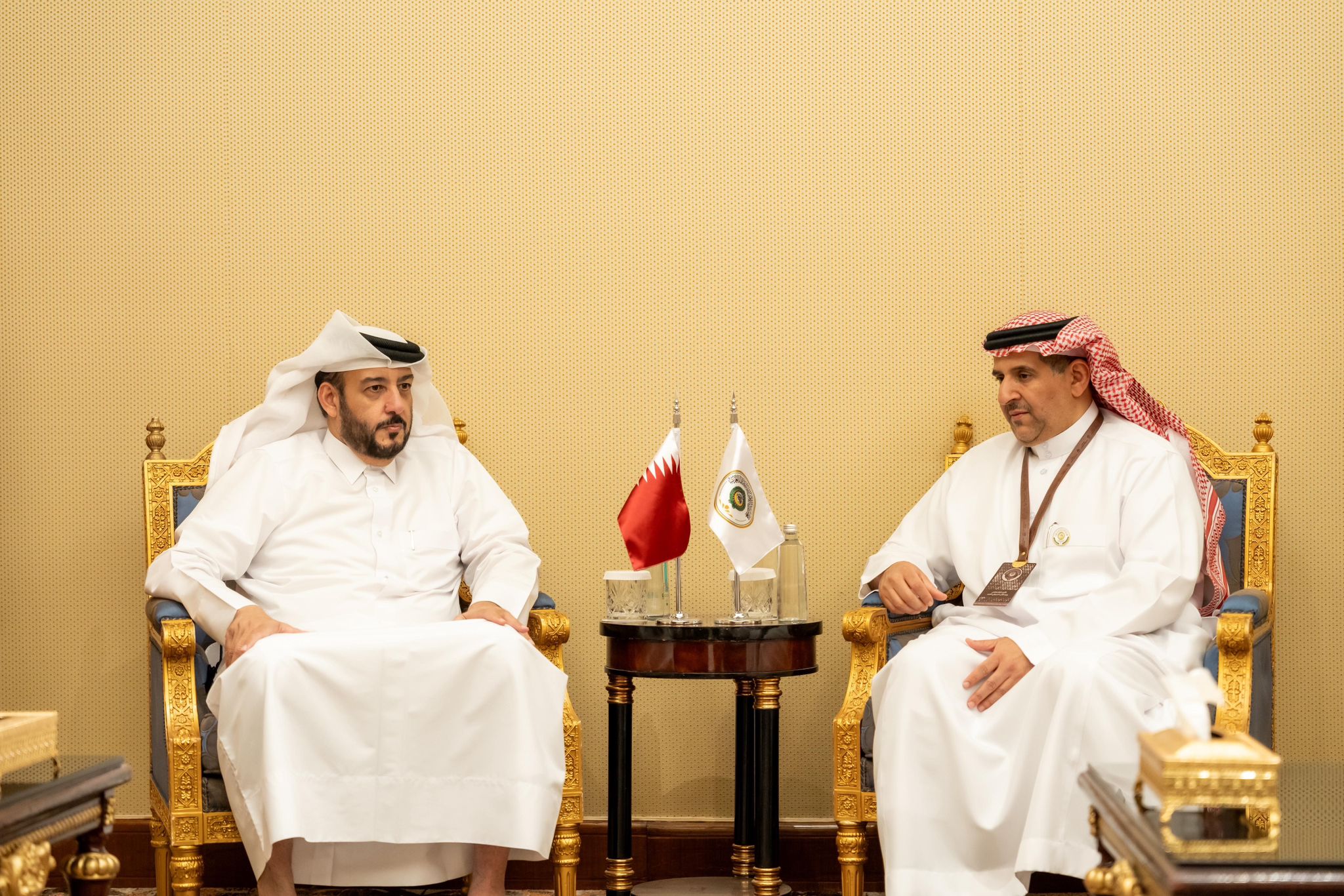
The National Cyber Security Agency Launches Cybersecurity Awareness Month 2025
The National Cyber Security Agency announced today, Wednesday, October 1,2025 th...
In case of suspecting or being victimzed by a cyber-security incident, please contact us via the following means:

 Call to: 16555
Call to: 16555

 Send by Email
Send by Email


The National Cyber Security Agency announced today, Wednesday, October 1,2025 th...

H.E Eng. Abdulrahman bin Ali Al Farahid Al Malki, President of the National Cybe...

H.E Eng. Abdulrahman bin Ali Al Farahid Al Malki, President of the National Cybe...